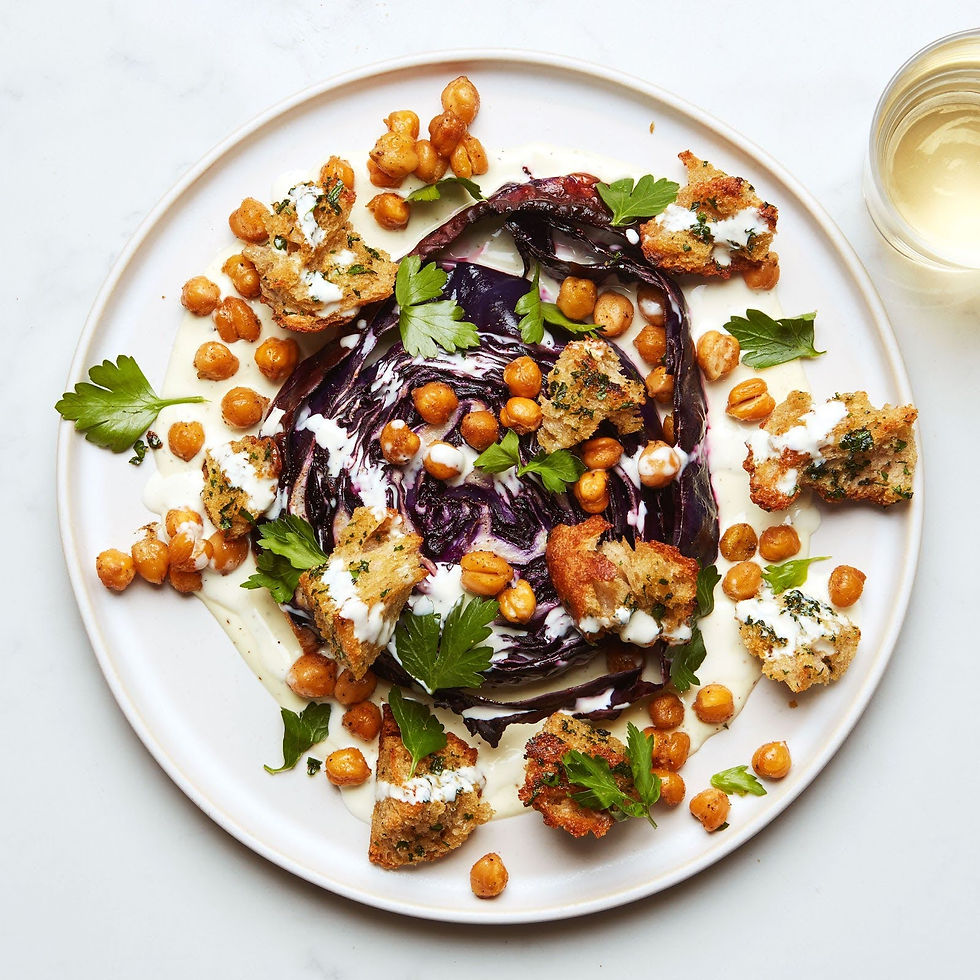Top Tips for Storing Organic Veggies and Fruits to Keep Them Fresh in Kenya
- ForestFoods
- May 16, 2024
- 4 min read
Updated: May 17, 2024
To get the very best out of your box of organic goodness, it’s crucial to store your produce as soon as possible. Proper storage preserves the freshness and nutritional value of your organic fruits and vegetables and also minimises food waste (saving you money too!).
Here are some practical tips for storing various types of organic produce, along with why it's important that you store your veg properly.

General Storage Tips
Refrigerator Storage: Most vegetables should be stored in the refrigerator in a sealed container or reusable plastic or cloth bags. Dampen the cloth bags with water to help keep produce crisp.
Paper Bags for Mushrooms: Store mushrooms in a paper bag in the fridge to prevent them from becoming slimy.
Leafy Greens: Wash, spin dry, and store leafy greens in a container. If you don’t have time to wash them immediately, ensure they are well covered to avoid wilting and store them in the fridge.
Cool, Dark Cupboard: Onions, garlic, pumpkin, potatoes and sweet potatoes should be kept in a cool, dark cupboard.






Comments